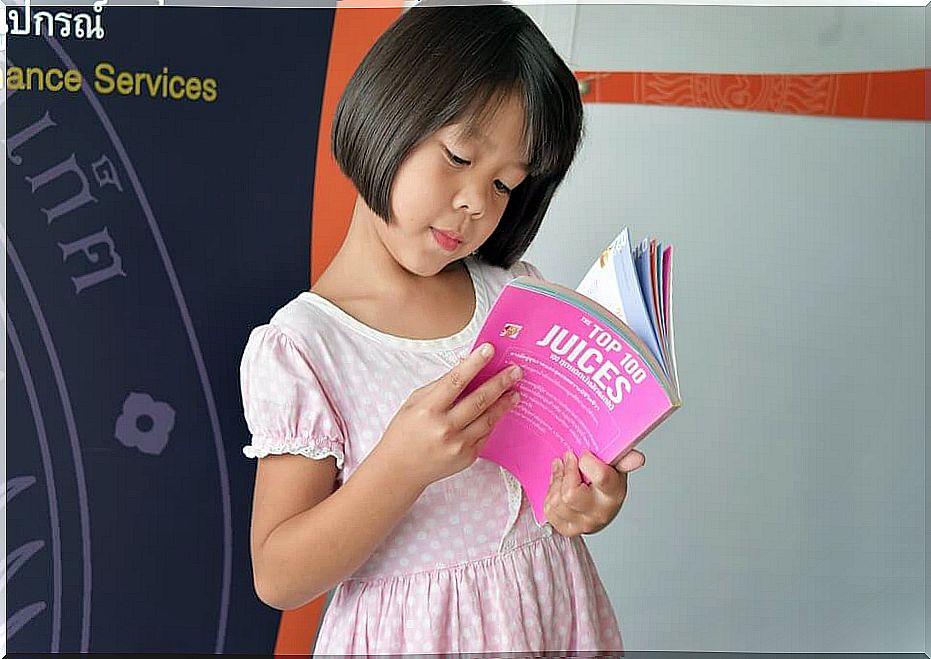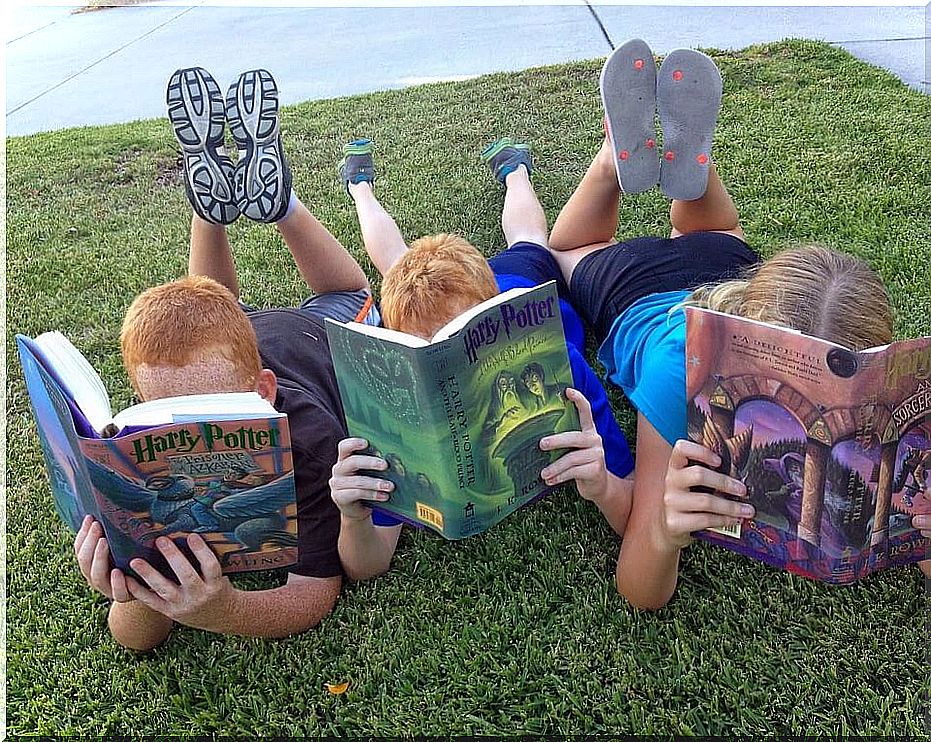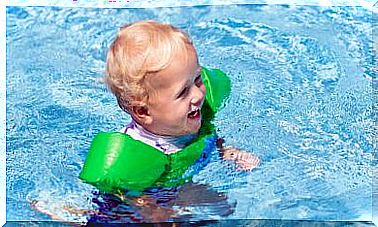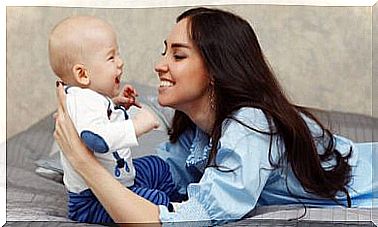Bilingual Before The Age Of 5

Do you already speak English? Are your children bilingual? If not, hurry up because being bilingual is vital for today’s kids.
We are in the era of tech kids. Children who today seek to satisfy their innate curiosity and learn in a non-compulsory way through the Internet (of course in a supervised way). That desire for knowledge can be frustrated when the content is in languages unknown to him.
This obstacle, in some cases, can become a barrier that limits their learning and this is where one of the various reasons why being bilingual before the age of 5 is elementary stems.
Shakespeare’s tongue
Did you know, Mom, that for the United Nations there are six official languages? These are: Arabic, Chinese, Spanish, French, English and Russian, written in alphabetical order.
Did you also know that this organism indicates that it becomes almost impossible to give an exact figure, or not even an approximate one, of the number of languages spoken by humanity? Of all the languages mentioned, Shakespeare’s language, English, is the universal language par excellence.
Do you already know the language? Do your little ones speak it? If not, wait no more . Because being bilingual they will have very good opportunities in different aspects of their life.
What is being bilingual?

Being Bilingual as defined by Wikipedia is the following: “It is the ability to master two languages. A bilingual person will have a primary language and a secondary language. ”
If this language is English, this language will allow the child to decipher content that will help him download information of all kinds, such as movies or popular songs. In the same way, you will be able to document yourself about electronic devices, learn more about the latest advances in computing, as well as install new applications on your cell phones.
Handling another language can expand your cognitive abilities
But this desire to learn through the Internet can be held back if other languages are not used. Dear Mom, so that this does not happen, we advise you that through private classes, courses or workshops you prepare your child for all that knowledge that he is undoubtedly capable of “absorbing” easily.
The smaller the better!
That your son is barely 4 years old and then you are going to leave it for later? Error! There is scientific consensus regarding the fact that at younger ages there is more brain plasticity.
In other words, the brain is more sensitive to external stimuli, which makes it easier to learn new languages. Some experts even advise that bilingualism should start before the age of three.
And how can a child under the age of three learn another language?
Very easy and natural. Talking to him or singing to him! The important thing, at the beginning, is that the child listens to that other language and becomes familiar with it little by little, without haste or obligations.
Children exposed to two languages from an early age grow up as if they had two monolingual beings housed within their brain. Speaking a second language, from the first years, has positive effects, as it helps the child to better program their brain circuits.
Bilingual children are more creative and develop problem-solving skills better
In the same way, you can include him in fun workshops or private classes once you notice that he is very involved in learning. The key to success is not feeling pressured.
Are there drawbacks?
There are still those who refute these theories, stating that if there are such disadvantages:
- Speech delays due to language mixing
- Confusion of lexical and grammatical systems
- Poor vocabulary
- Some difficulty in performing different intellectual tasks
But the truth is that none of that is totally or definitely true. Thousands of people who are inclined towards bilingualism from an early age respond that “Bilingualism does not represent linguistic contamination, nor delay in learning.”
Advantages of being bilingual

On the other hand, that your children are bilingual has several benefits, some of them are:
- They have the ability to communicate with people of different nationalities
- They can read and write in two languages
- Enrich your culture
- They can sing the songs they like, in other languages
- By having greater access to different cultures, you have a more open mind to the world and to others
- The gates of the labor market will offer you diverse opportunities
These are the reasons why being bilingual can be fascinating to children today. Get inspired and expand their knowledge through the tools you can provide. And if you don’t know how to learn with it, your little one will thank you infinitely.









